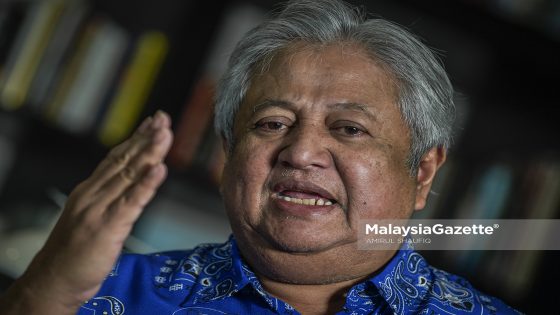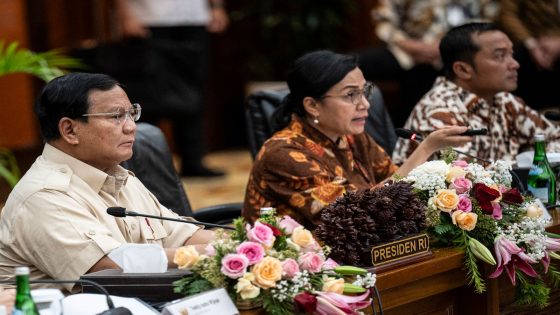KUALA LUMPUR – The Attorney General’s Department (AGC) has filed a court application for a gag order regarding the issue of the addendum decree. This action raises significant questions about its motivations and directives. Did the AGC act independently, or were they instructed by higher authorities? The implications of this move could affect the political landscape in Malaysia.
- AGC files motion for speech ban order
- Zaid Ibrahim questions AGC's authority
- AGC's actions may ignore legal ministers
- Najib Razak seeks house arrest conditions
- DAP's silence on legal matters noted
Understanding the AGC’s Gag Order and Its Political Implications
What does the AGC’s gag order mean for Malaysia’s political scene? This recent development has sparked debates about authority and accountability within the government. The AGC’s move to restrict discussions surrounding the decree involving former Prime Minister Najib Razak raises concerns about transparency and governance. Who truly holds the power in these decisions?
Key Concerns Surrounding the AGC’s Gag Order
The AGC’s application for a gag order has raised several key concerns among political analysts:
- Authority: Is the AG acting on behalf of the Cabinet or the Prime Minister?
- Transparency: How will this affect public discourse on legal matters?
- Political Stability: Could this lead to further divisions among political parties?
- Legal Precedent: What does this mean for future government actions?
Political Reactions to the Gag Order
Political figures have expressed mixed reactions to the AGC’s actions. Zaid Ibrahim has pointed out that the AG’s decision may not reflect the views of the Law Minister or the ruling coalition. This situation raises questions about the AG’s independence and the influence of political parties like UMNO and DAP.
Public Sentiment and Media Coverage
The public’s response to the AGC’s gag order has been one of concern. Many citizens are worried about the implications for freedom of speech and the right to information. Media coverage has highlighted the potential risks of limiting discussions on significant legal matters, urging for greater transparency.
Conclusion: What Lies Ahead for Malaysia?
As the situation unfolds, the AGC’s gag order will likely continue to be a focal point in Malaysian politics. The balance of power, transparency, and public trust are all at stake. How will this impact Malaysia’s governance and its relationship with the public? Only time will tell.

































